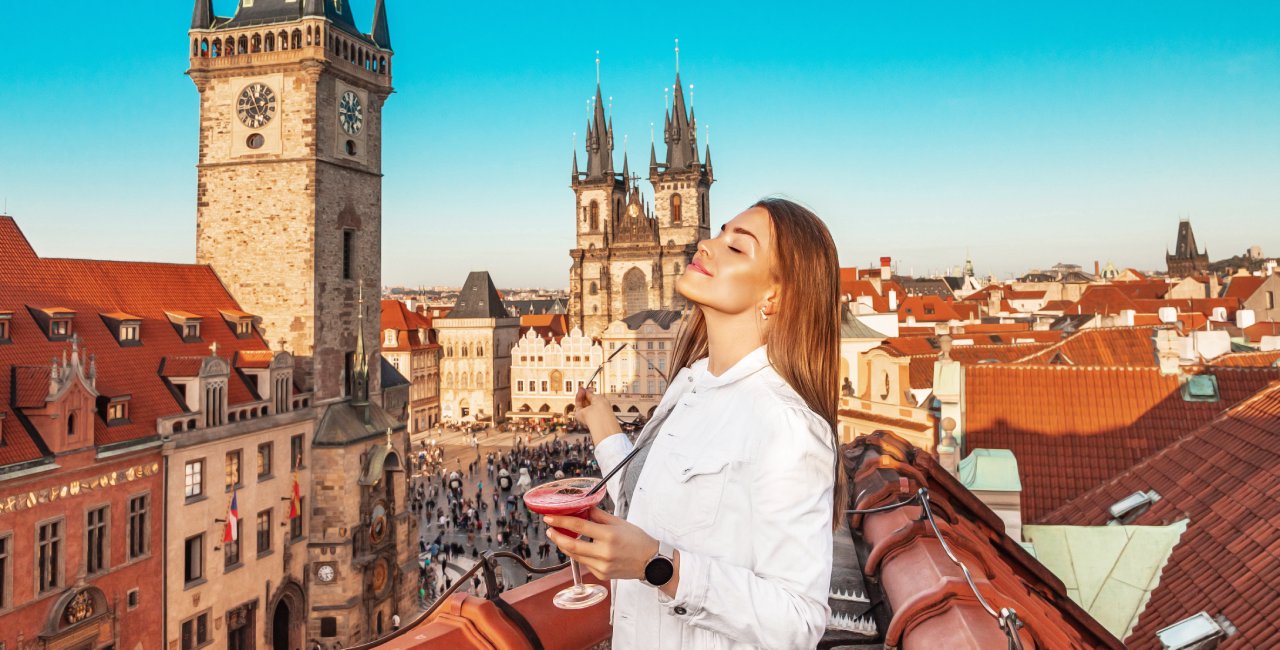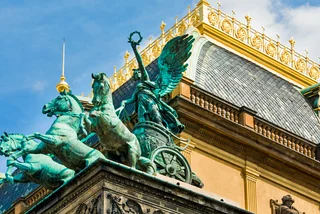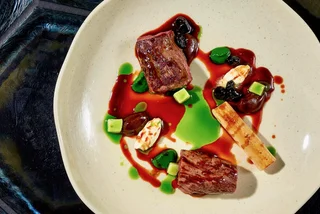Each year, Time Out surveys thousands of residents across the world to determine which cities offer the best experiences for urban living. A new ranking this year turned the spotlight on Generation Z, highlighting what makes a city appealing to those under 30.
Prague secured a spot in the top 20, joining cities such as Bangkok, Melbourne, and New York on a list shaped by more than 18,500 voices worldwide. The Czech capital, often celebrated for its blend of historic architecture and modern creativity, earned recognition for cultural vibrancy, walkability, and accessible public transit.
For a city long admired for its beauty and atmosphere, the inclusion on a list aimed at Gen Z signals more than tourist appeal. It points to Prague’s ability to attract and retain young residents, a demographic increasingly shaping urban culture and expectations in Europe.
Prague’s appeal to young generations
Prague’s reputation has often been linked to its architectural charm, from Gothic spires to Baroque squares, but recent surveys show that young residents value more than appearances. The city’s cultural offerings, public transit, and emerging culinary scene play a strong role in its appeal.
In Time Out’s broader city rankings earlier this year, in which Prague ranked 35th, locals praised the city’s transport system, which they rated among the best in Europe. With new tram lines under construction, accessibility is expected to improve further, an advantage for younger residents who prioritize affordability and ease of movement.
Cultural innovation has also been a factor. In a recent culture-focused ranking, Prague placed 19th globally, with highlights ranging from experimental theatre at Stromovka’s Azyl78 to contemporary exhibitions at Kunsthalle Praha.
Locals rated the city highly for opera, classical concerts, and historic venues such as the National Theatre. Younger audiences are increasingly engaging with these spaces, as well as with newer venues that blur the line between nightlife and art.
At the same time, Prague’s food and drink scene has seen a shift that resonates with Gen Z values. New venues focused on locally sourced ingredients reflect a growing preference for sustainability and transparency. Coffeehouses, microbreweries, and smaller creative hubs contribute to a lifestyle that balances tradition with experimentation.
While the survey noted that Prague scored lower on categories like dating opportunities—only about one-third of residents said it was easy to find love—the city’s social and cultural framework appears strong enough to keep it attractive to younger generations.
Time Out’s Top 20 Cities for Gen Z
Global results highlight diverse Gen Z priorities
Bangkok topped Time Out’s list of top cities for Gen Z, driven by its affordability and happiness scores. Nearly three-quarters of respondents there described the Thai capital as budget-friendly, and more than 80 percent reported being happy living there.
Melbourne followed in second place, earning praise for diversity, inclusivity, and a thriving arts scene. More than 90 percent of respondents rated quality of life in the Australian city as good or excellent. Cape Town rounded out the top three, recognized for its natural beauty and affordability of nightlife.
New York was described as the most “exciting” city on the list, while Copenhagen stood out for walkability and liveability. Barcelona and London scored highly for culture, though affordability proved a challenge in the British capital. Edinburgh, meanwhile, was highlighted for its abundant green spaces, with nearly all young residents rating access to nature positively.
Other major world cities such as Paris, Tokyo, Berlin, and Chicago also made the top 20. The diversity of the ranking suggests that Gen Z values extend beyond traditional measures of wealth or prestige, with emphasis placed on social connection, inclusivity, and the balance between affordability and cultural opportunity. See the full Time Out list here.



